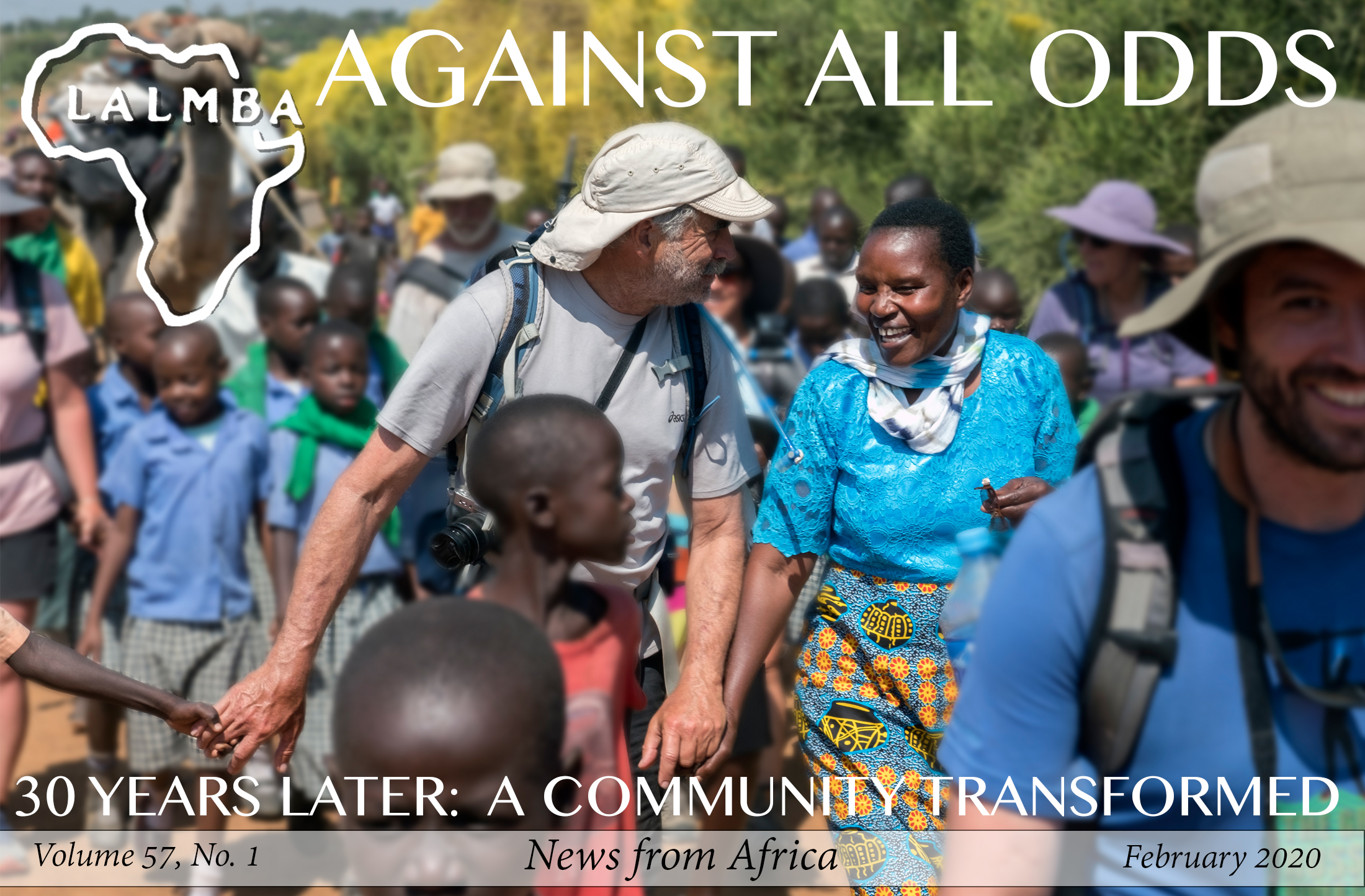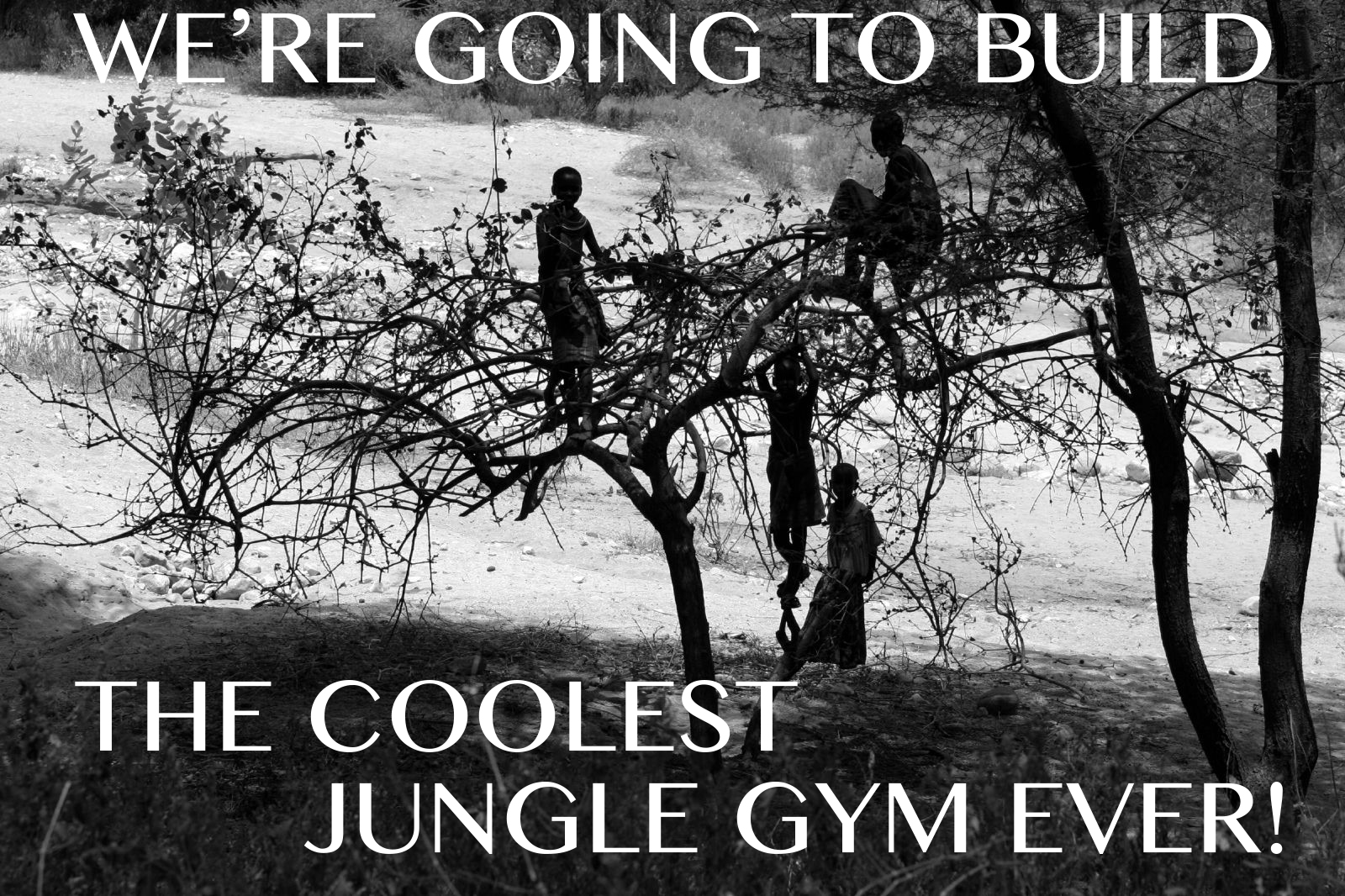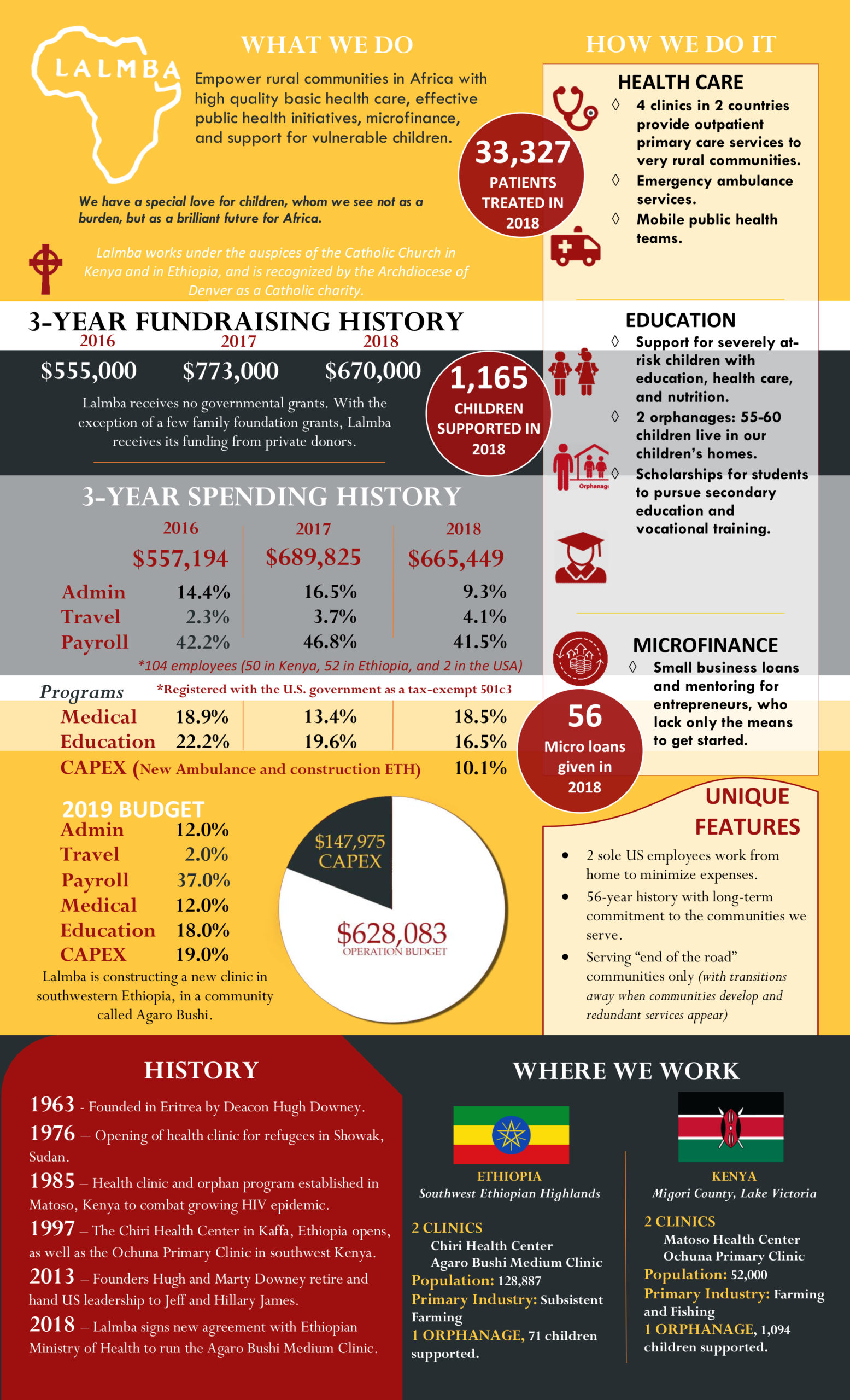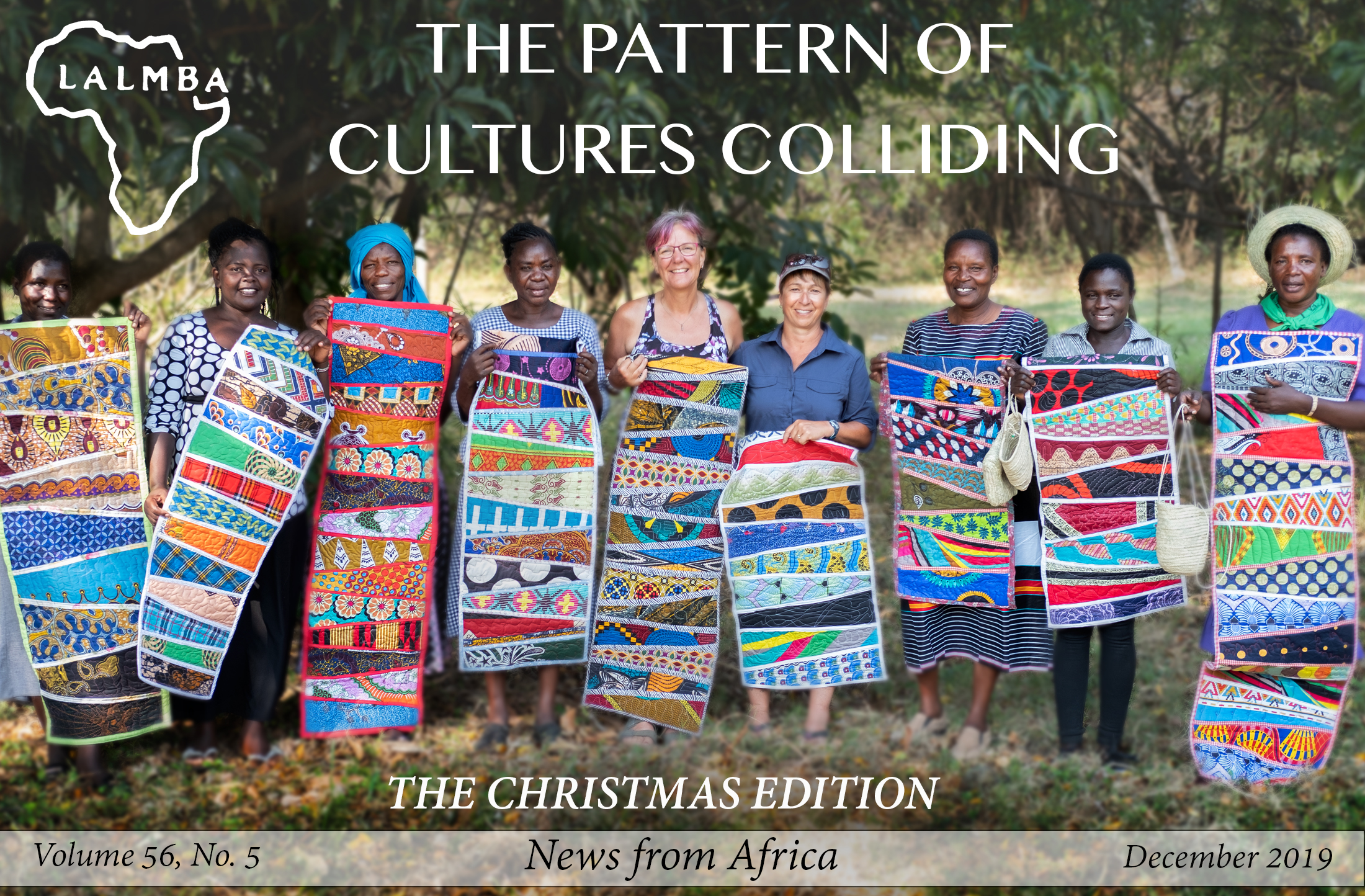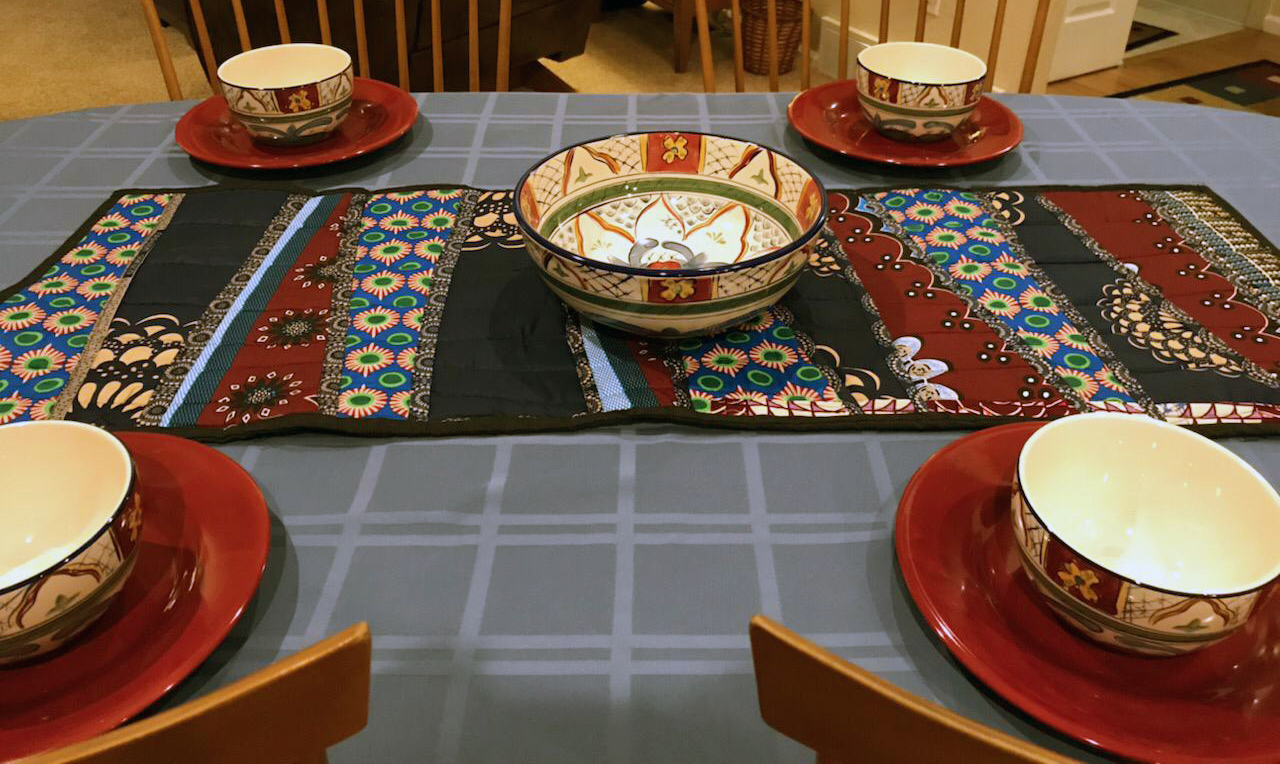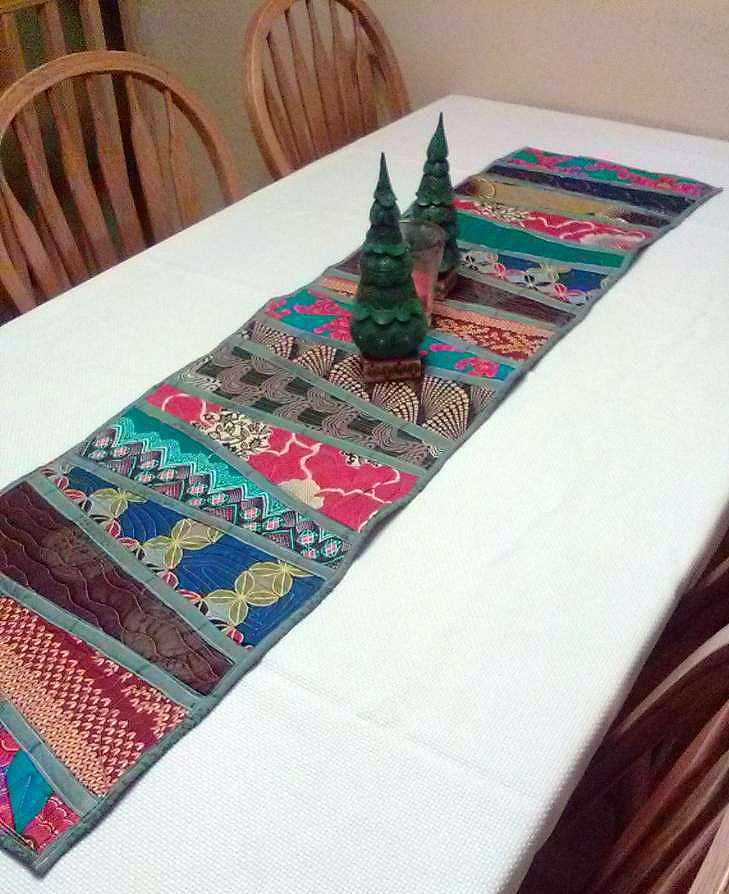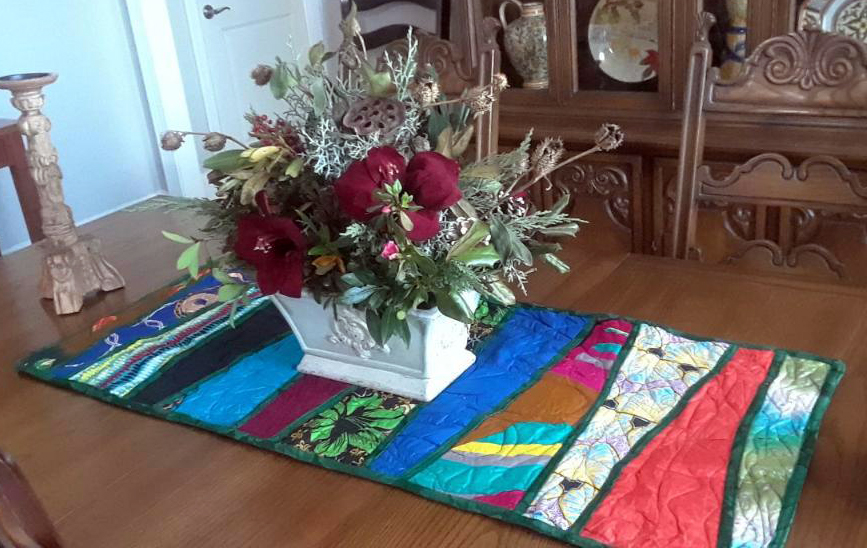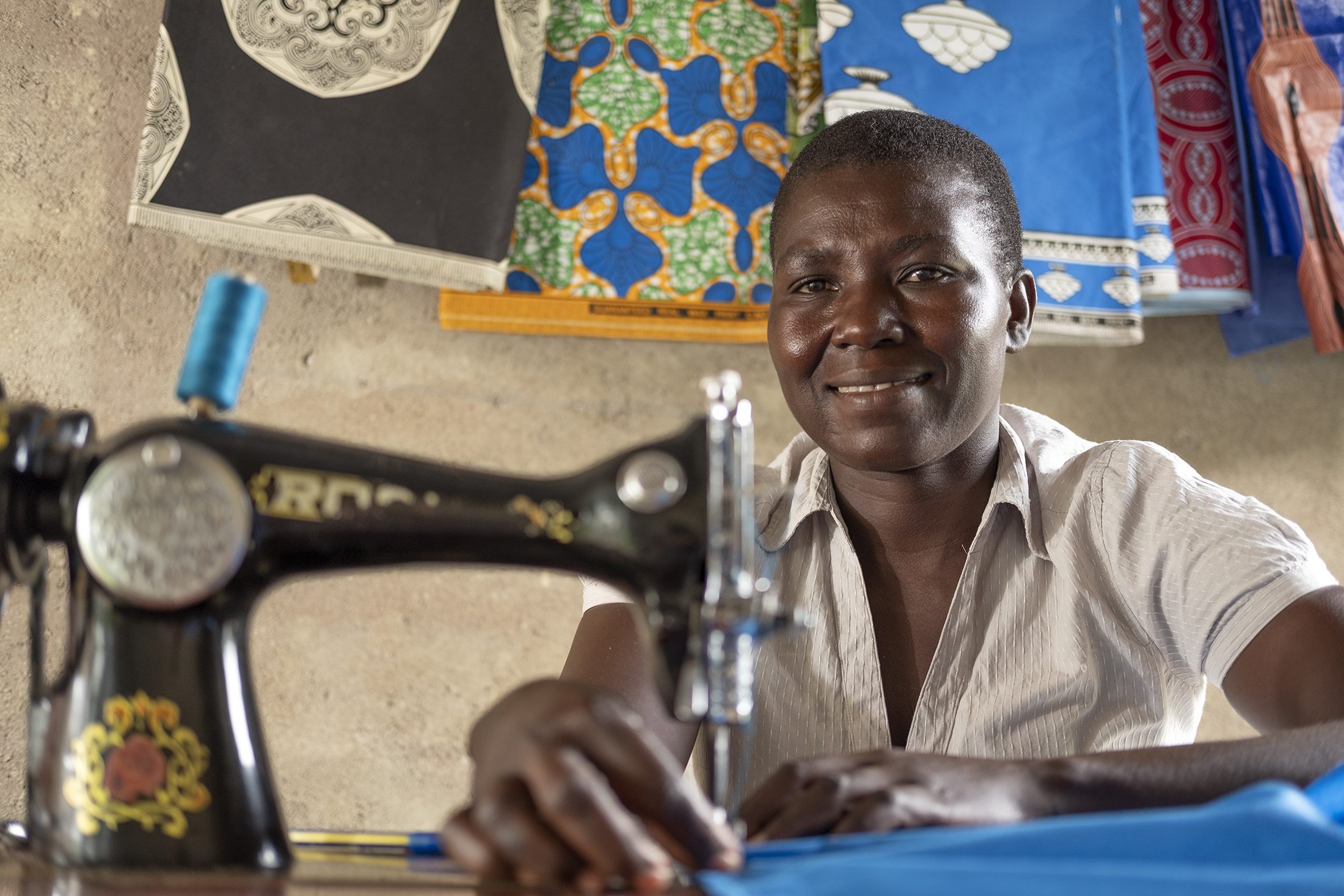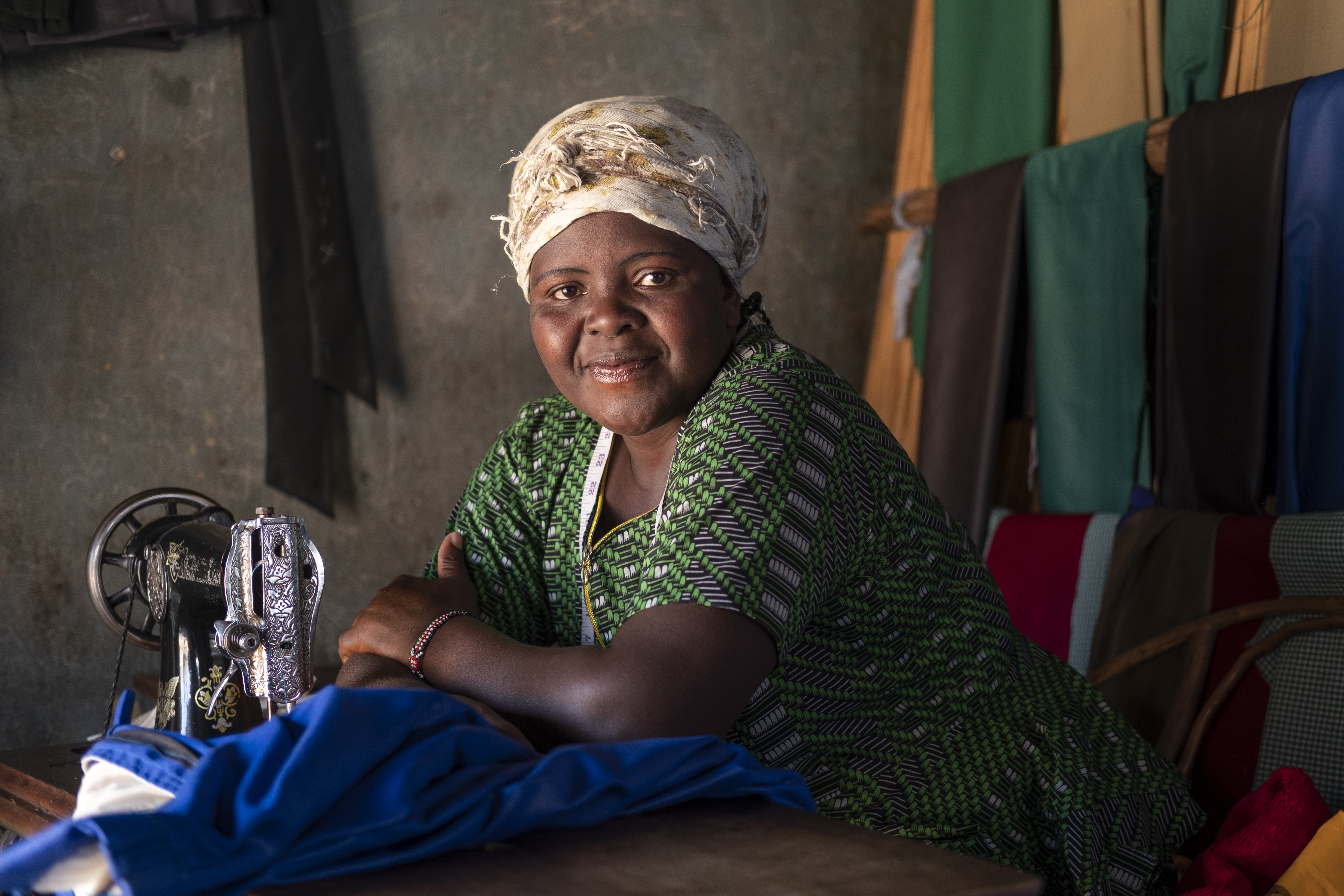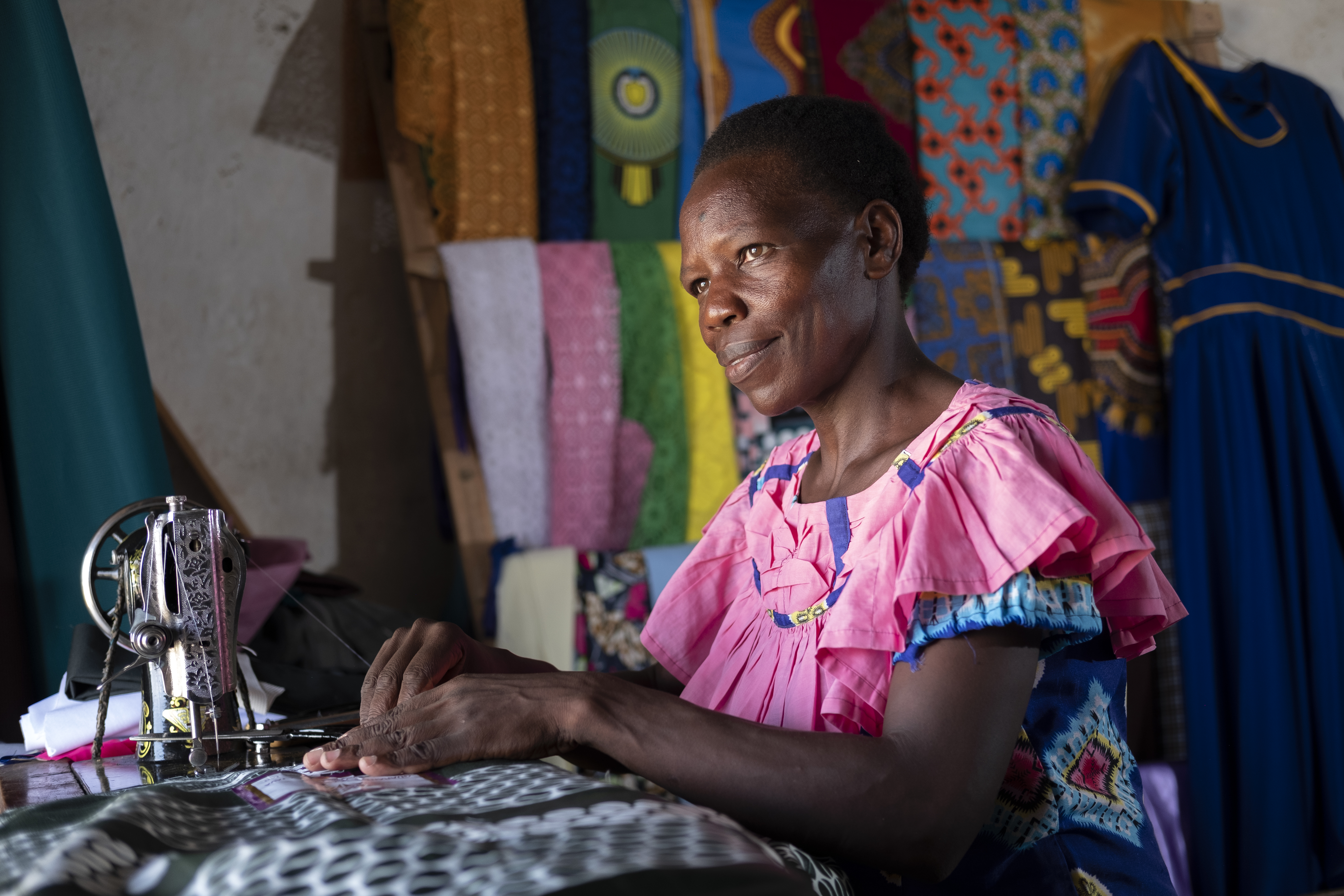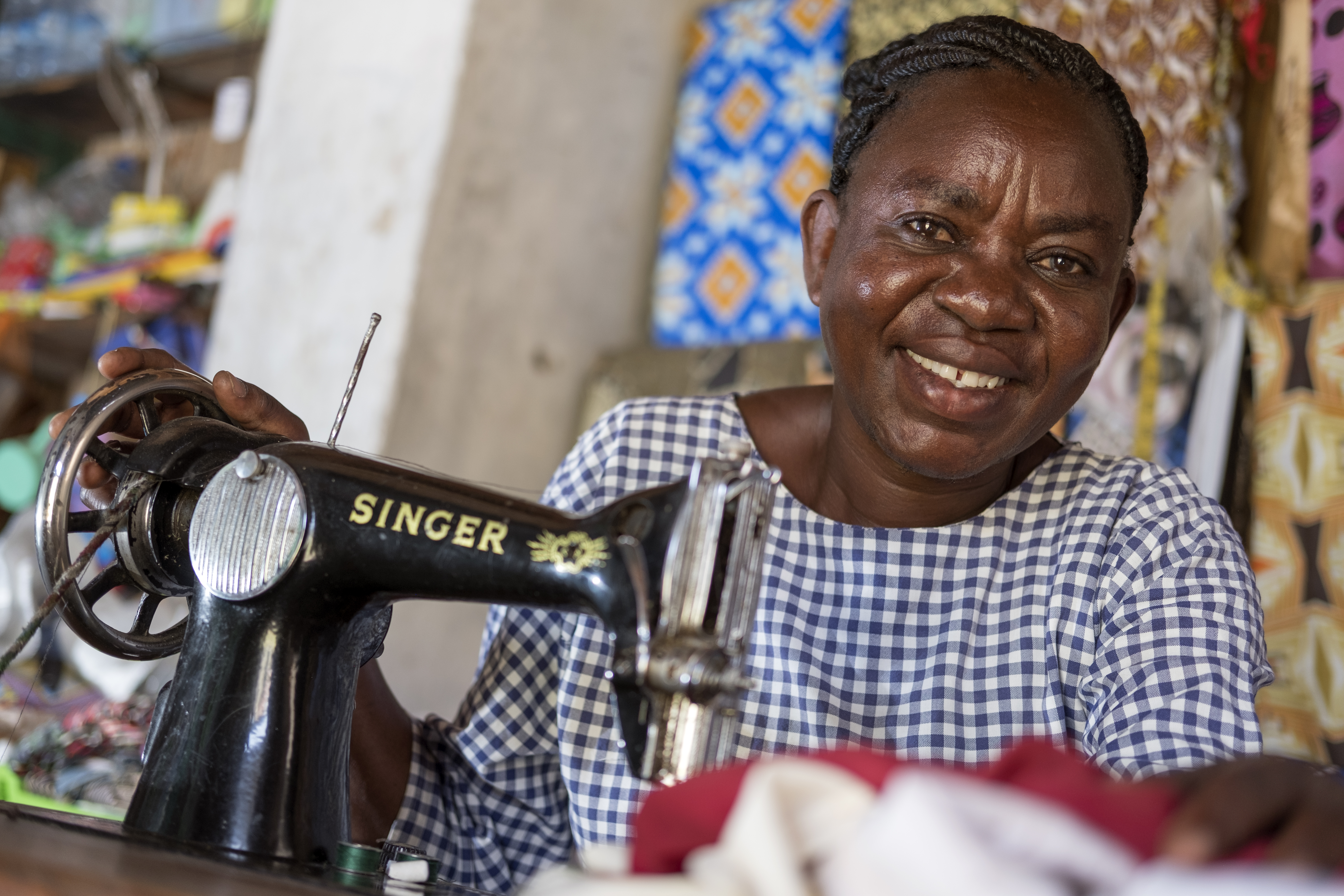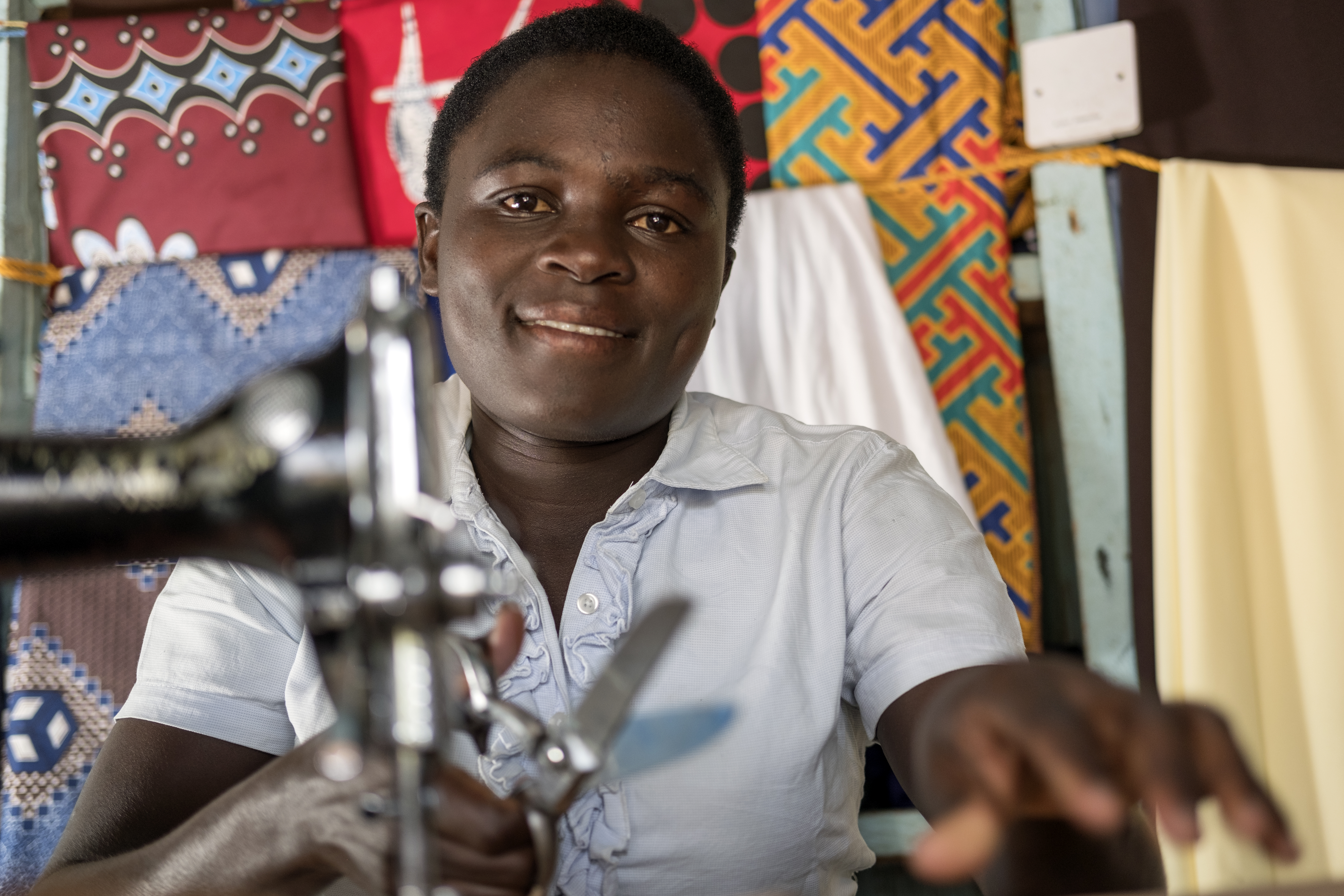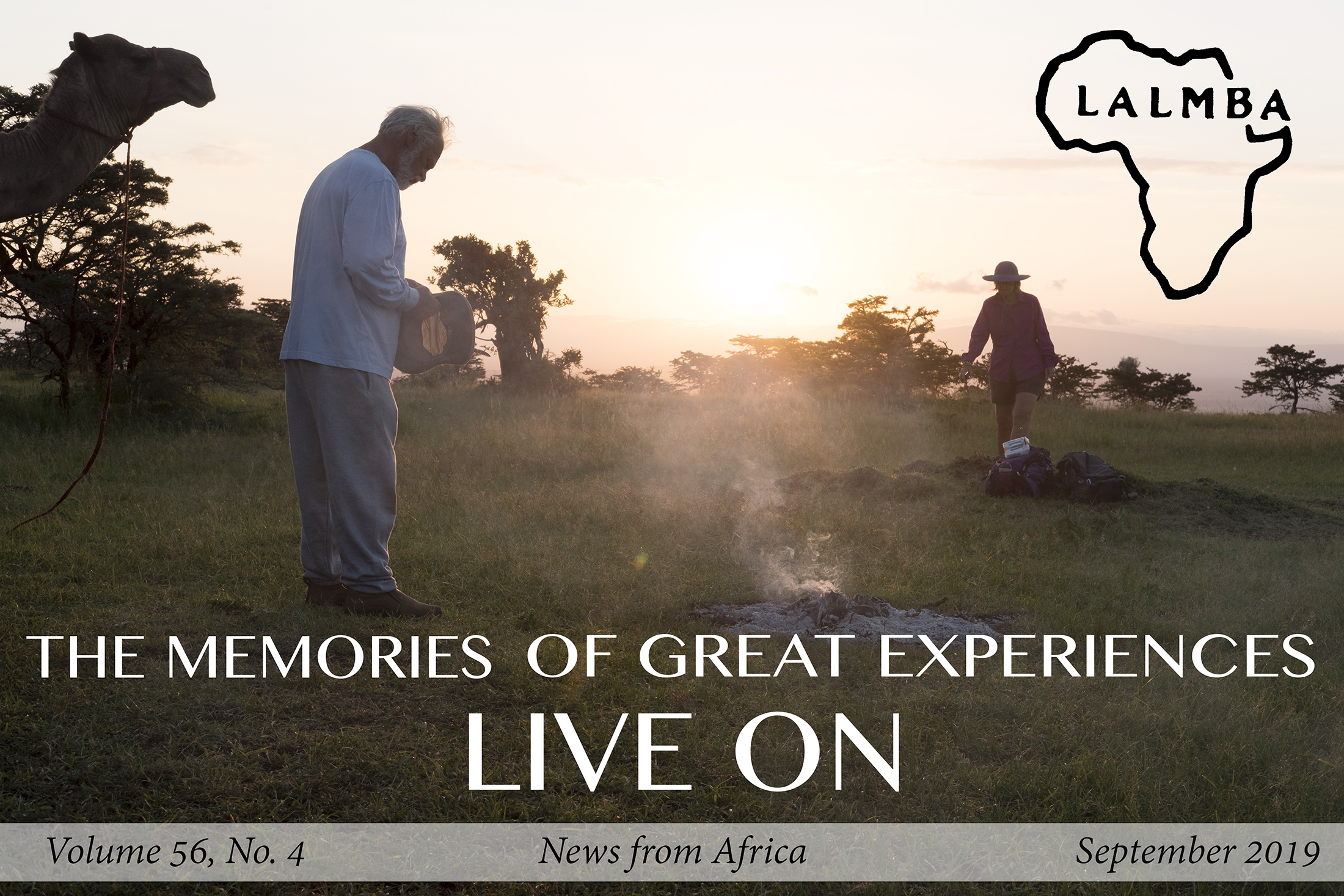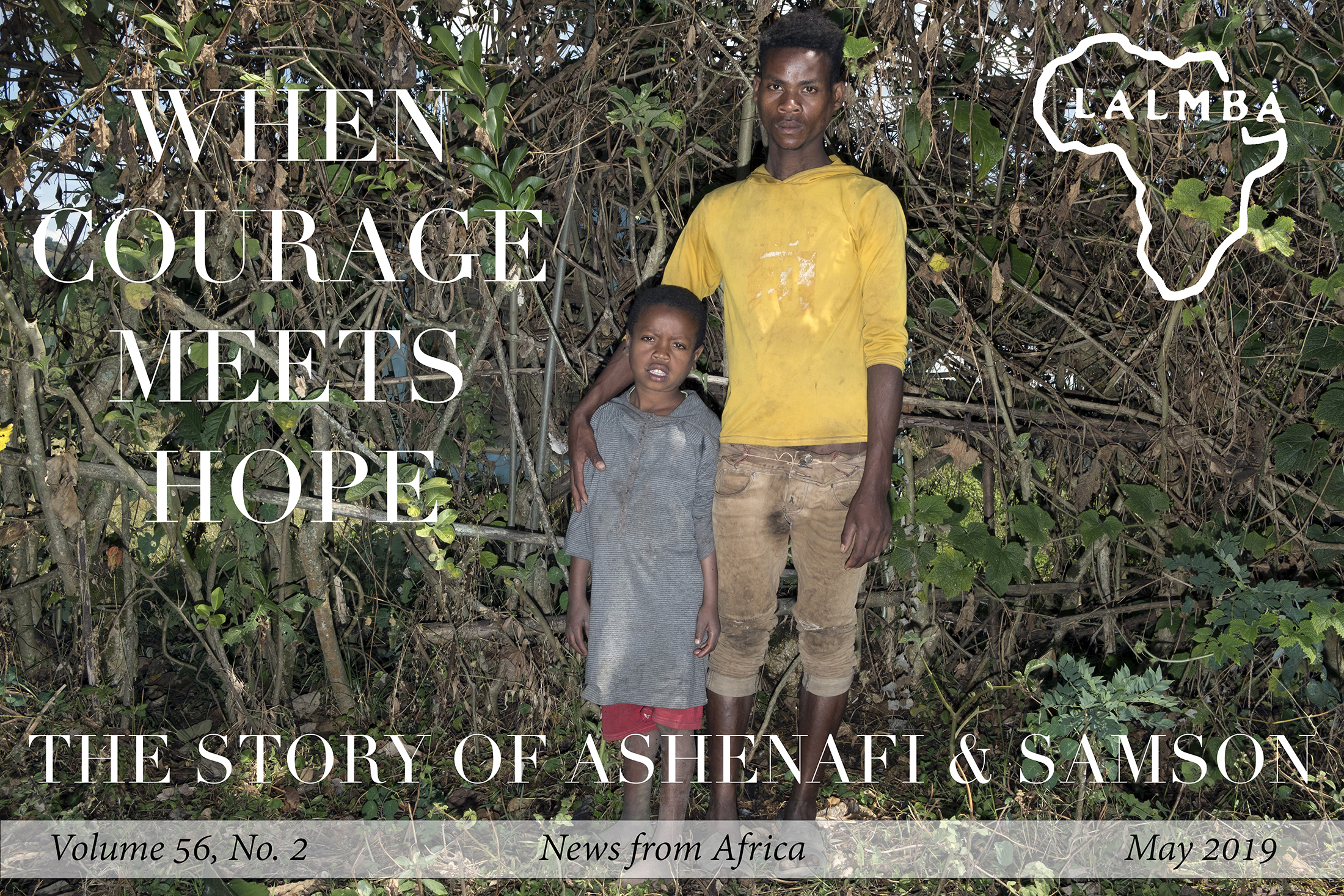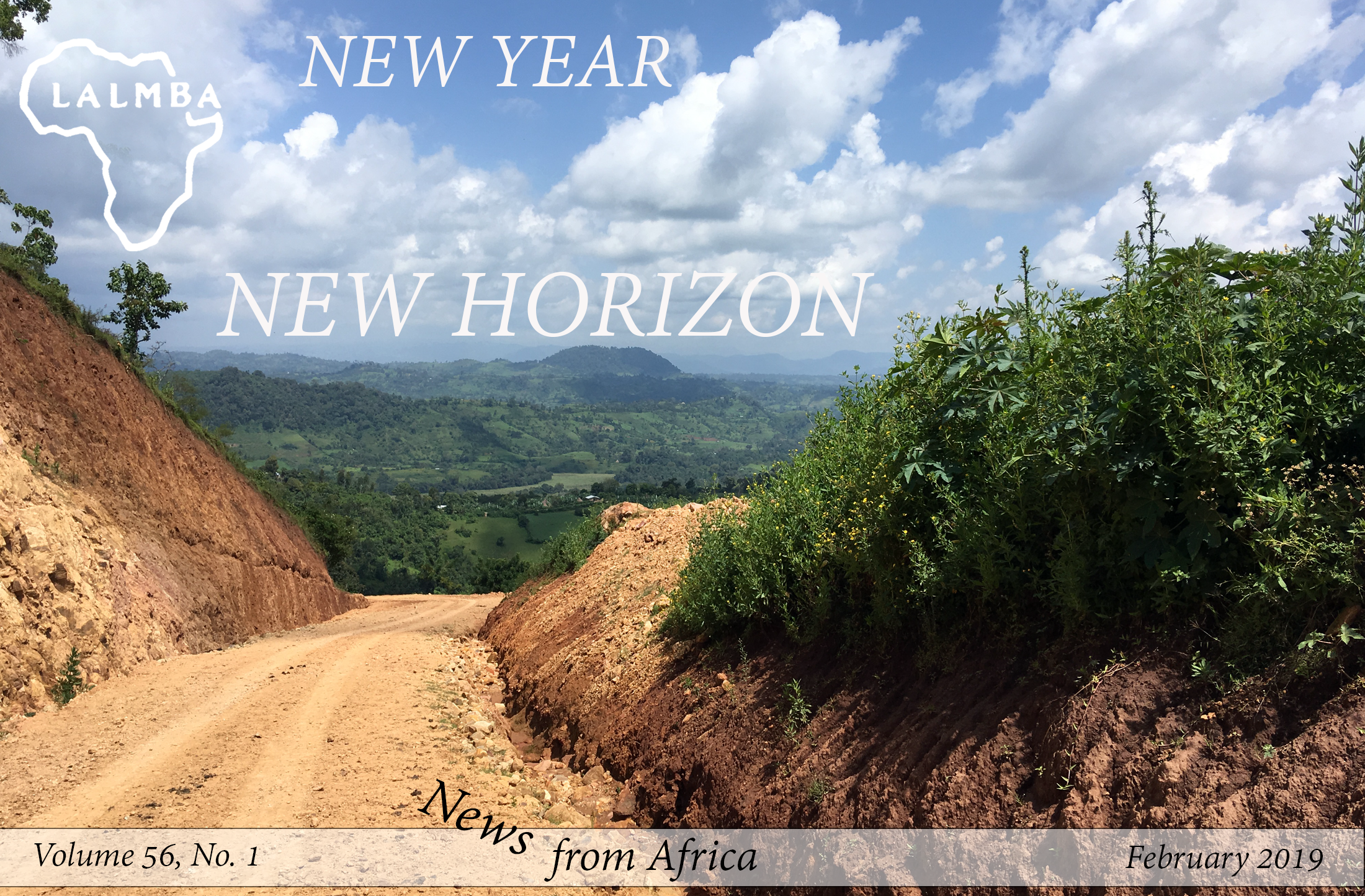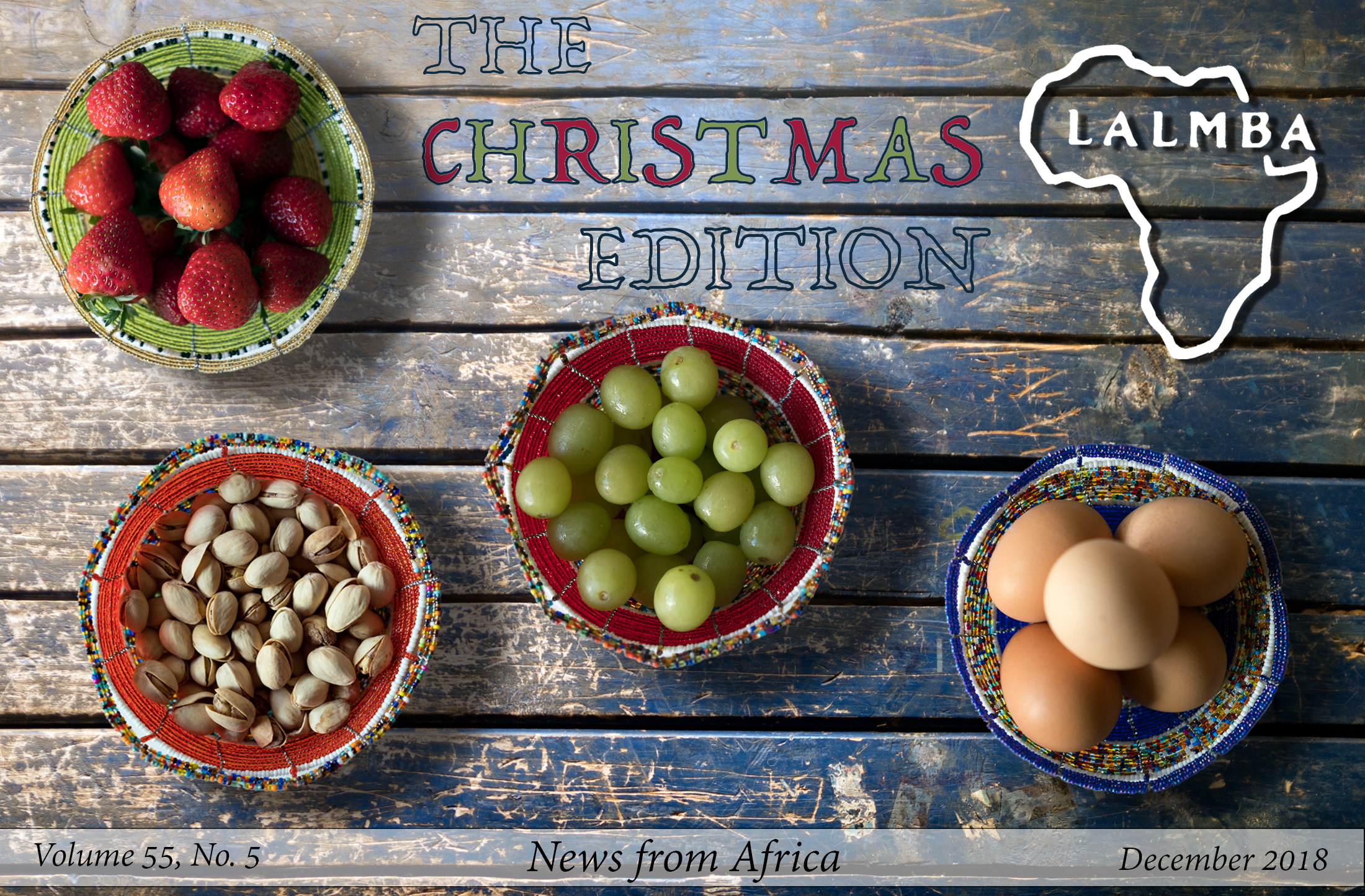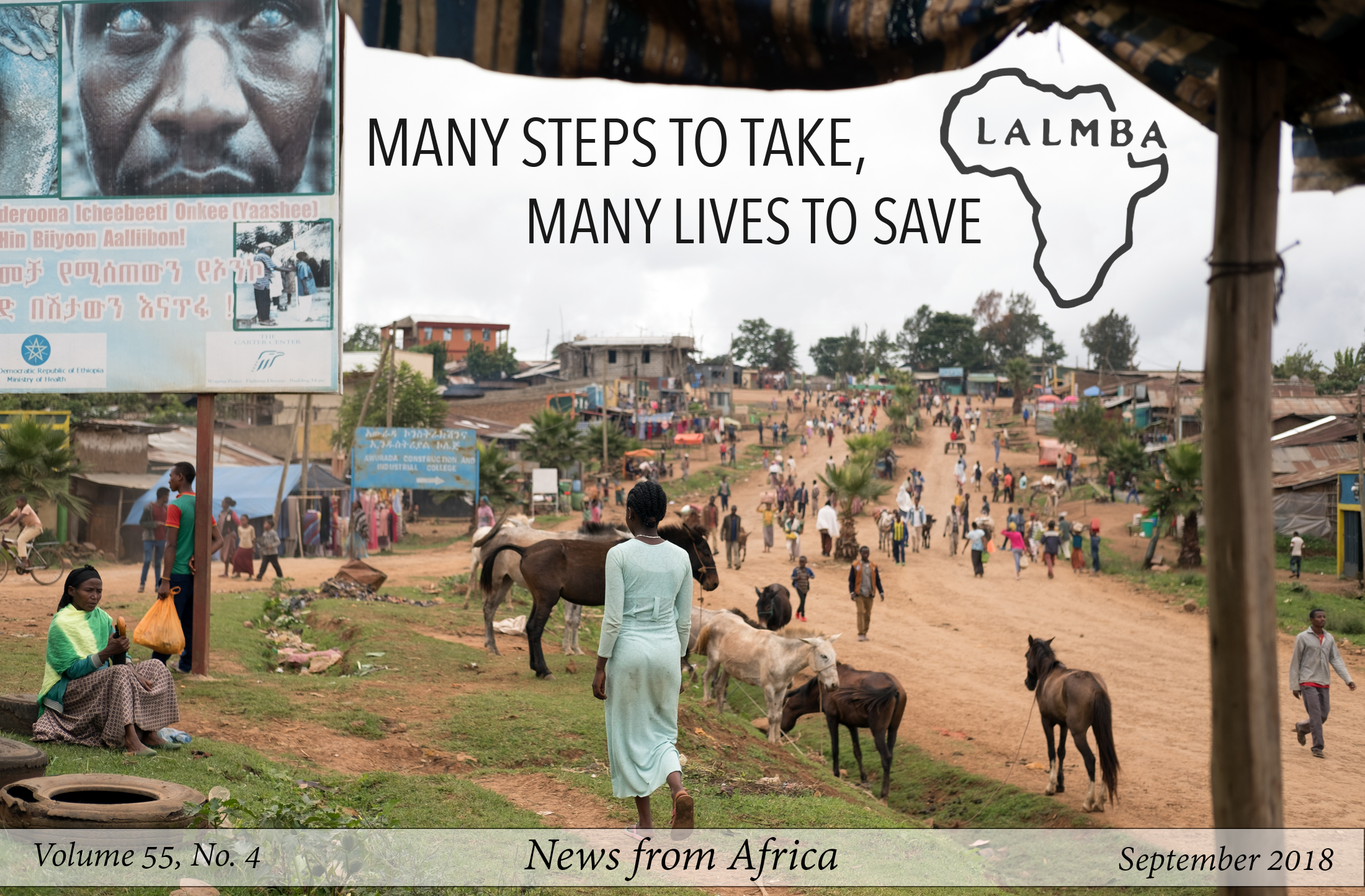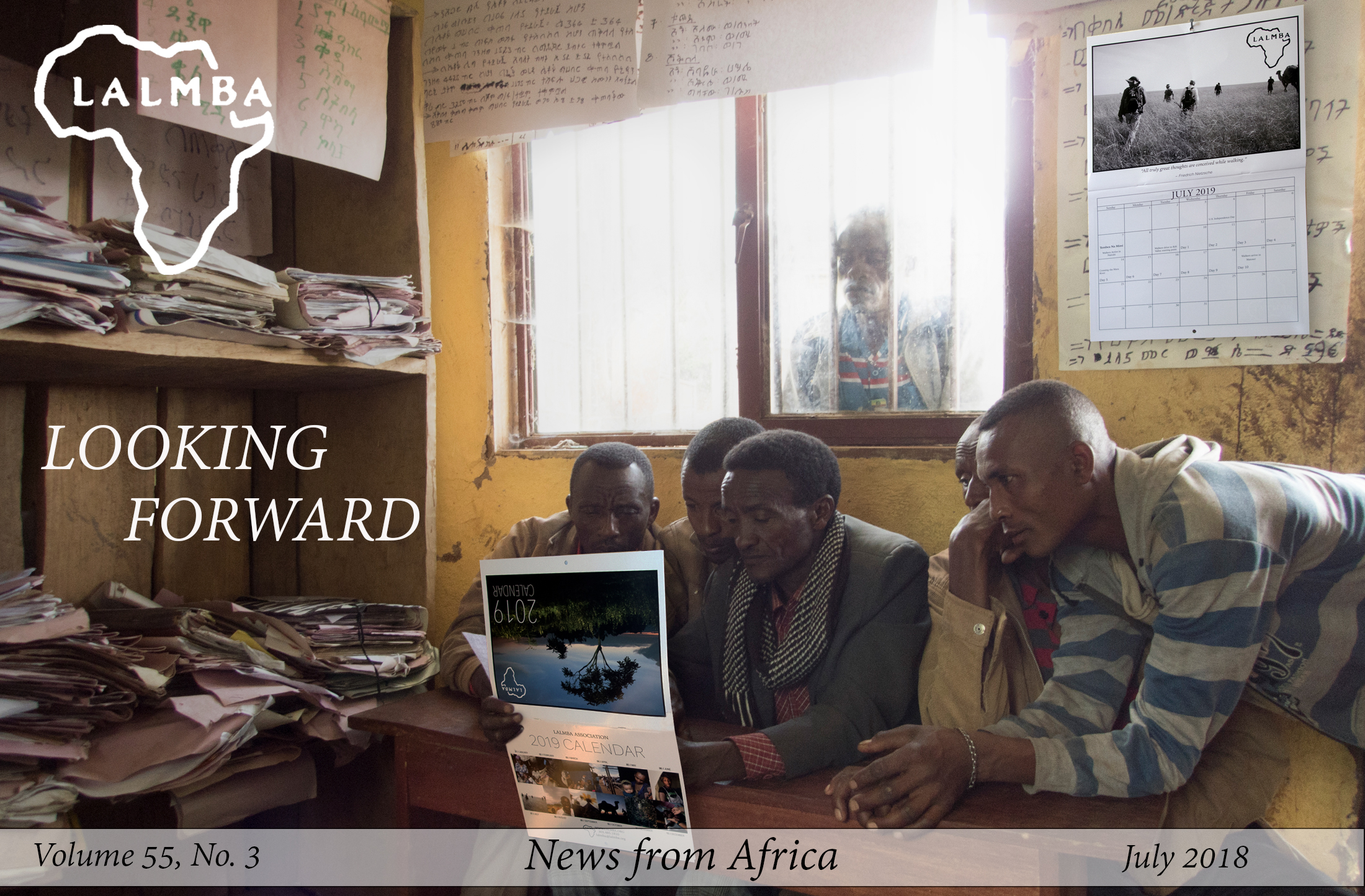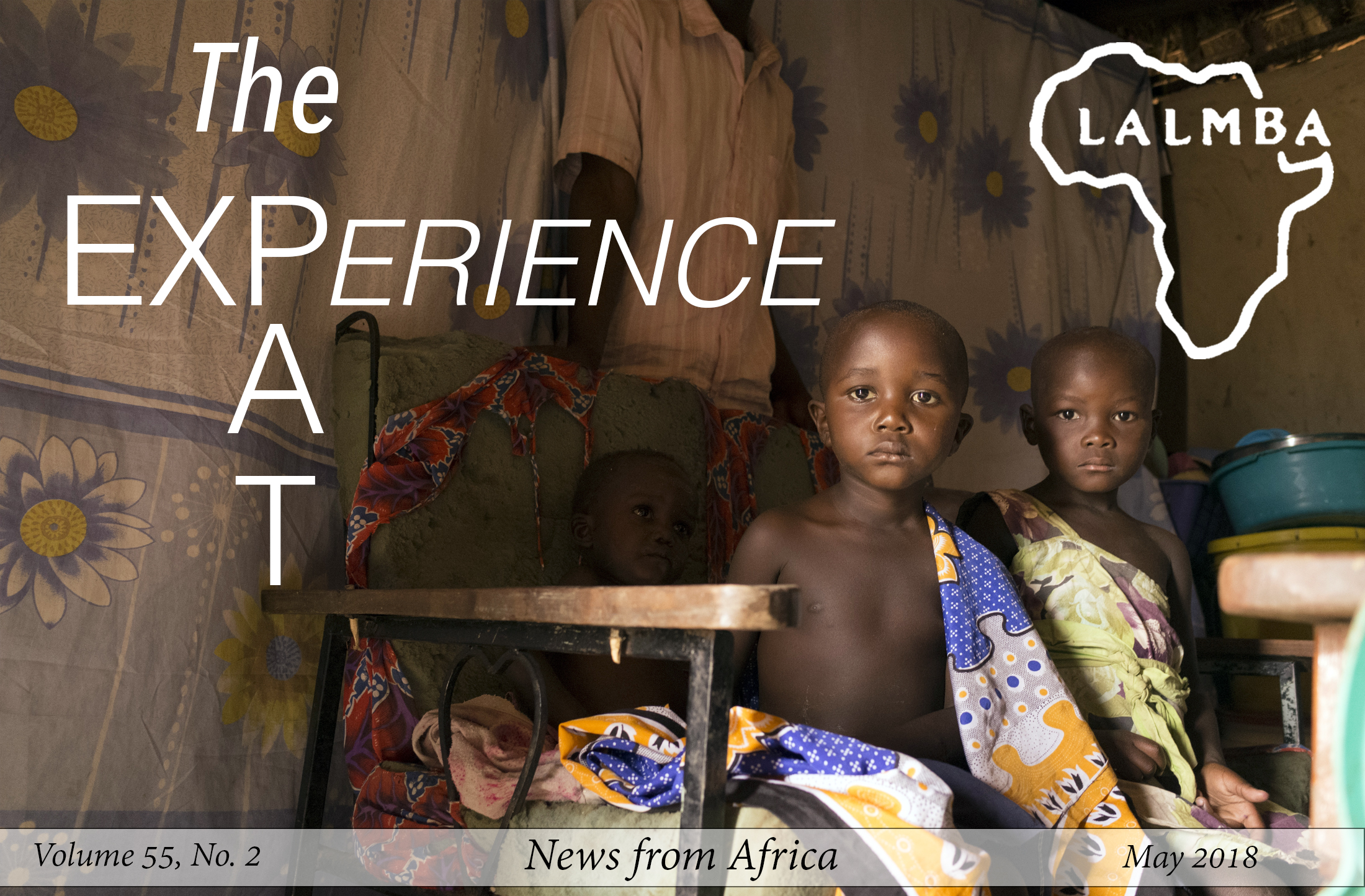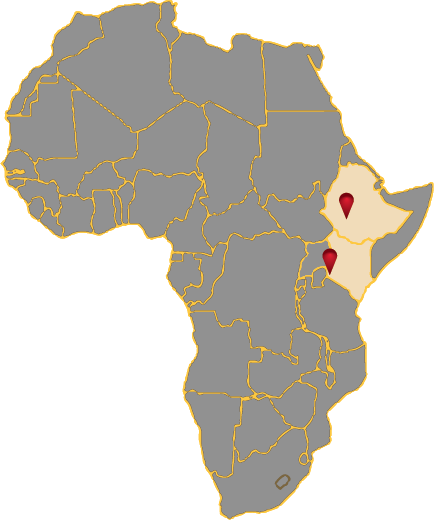By Dr. Charlie Evans, Lalmba Kenya Medical Director 1988-1990
The first time I travelled to Matoso in December 1988, I was in the front seat of a Land Rover bouncing down the road and holding on to the grab bar to keep from hitting the ceiling. The last time I was walking with our TNM (Tembea Na Mimi) 2019 group—including 22 camels and hundreds of schoolchildren vibrantly dressed in burgundy, blue, and green uniforms. Although the road is still rough, the community has transformed.
It was emotional to see this community after 30 years. When we left in 1990, I knew that HIV was going to ravage the village and I also knew that many more changes would be necessary if the community would be able to survive this 20th century plague. We worked tirelessly to educate the staff and the community on this coming epidemic, but I feared what it would bring to this bucolic village on the shore of Lake Victoria. I couldn’t see how any community with so little resources could withstand such a disease. It was with these concerns that I anxiously waited to see how the decades had treated Matoso, and if our work there has truly made a difference.
When I walked through the gates in July 2019, under the shade of the 50-foot jacaranda trees that we planted as saplings, tears streamed down my face—tears of joy! A chaotic scene of celebration, of gratitude, and of success surrounded me. The loudspeaker announced our arrival with music blaring and drums beating. I have never felt so welcomed anywhere in my life. This was a community that had suffered through the HIV epidemic and was emerging on the other side. Their resilience and their spirit carried the day.
The changes were dramatic. The original clinic built in 1986 complete with solar system was still there, but adjoining it was a brand new clinic twice the size. The clinic is staffed entirely by Kenyans, and they actually had electronic medical records for their HIV patients. I was flabbergasted to see that the provider could actually get on the computer and pull up the most recent labs, including HIV viral loads of their AIDS patients. This was done in cooperation with the University of Maryland. Anti-retroviral therapy was also carefully assessed and distributed. In 1990, we estimated 8 percent of our clinic patients had HIV. In the mid 90’s this soared to over 30% and now the numbers are down to about 15%.
AIDS has devastated this village and left scores of children without parents. When we left we knew this was coming. What we didn’t know was how any community could cope. Lalmba has led the way, and the community leaders they have chosen have stepped up to provide for all those unable to provide for themselves. The orphanage started in 1997 and now cares for 40 orphans. It is a shining emerald to see. But the children are the real jewels: well fed, well dressed with shoes, and articulate, with hope for their futures. But even more impressive is the fact that Lalmba supports more than 1000 AIDS orphans who live with guardians throughout the community.
In 1990, the only motor vehicle around the lake was our Land Rover. Fishing boats were all dependent on their sails and all transportation was on foot or bicycle. An ambulance consisted of a chair mounted with leather straps on the back of a bike, or a crude wooden wheelbarrow. The clinic now has its own bona fide ambulance, and 30 years of investment in this community has seen commerce grow dramatically. There are now stores, restaurants, hotels, and even a small movie theater, assisted by the cell tower less than a mile from the clinic. A boatbuilding industry has populated the lake with many vessels for fishing and transportation — many have outboard motors. Motor bikes abound and are the friendliest transport for the rough roads, but cars also grace the village.
The education system has grown dramatically. I remember only a 1-room schoolhouse with about 30-40 students studying from texts that dated back to the 1950s. Now there are many schools with hundreds of students. One local school has over 300 students and scored in Kenya’s top decile for standardized testing. The school has access to computer technology and attracts students from Tanzania because of their high marks.
You can see why I was moved to tears of joy! So much progress. So much to celebrate. And all against overwhelming odds of failure. Perhaps, the biggest success I witnessed was not in the economic growth or the structural growth but in the attitudinal shift of community members and staff.
In the early days, we were so often approached by people asking if we could bail them out of debt or give them something. Of course some of that still exists, but now I see students and staff members working together to take the initiative to make their own lives successful. Lalmba, and the dozens of volunteers who have served, have given these people hope by providing strong leadership, community development, and basic resources for survival—health care, education, and economic opportunity. Lalmba has helped to create an entire village of leaders, and those leaders are training the next generation of visionaries. I have no doubt that, against all odds, they will lead themselves down a road to a brighter future. Clearly, all the long days and endless clinic hours have made a difference.
And that should bring joy, in all its forms, to us all.
Sometimes it’s a tree. Or the roof of a building. Or the nearest signpost. Kids everywhere feel the need to climb, to explore, to imagine a world far from their own reality. In Chiri, Ethiopia, where Lalmba runs a children’s home, kids there don’t even know what a playground is. Community children have to create their own fun. As part of our ongoing effort to improve and modernize the Chiri Children’s Home, we’re building the “coolest jungle gym ever” for the sweetest kids you’ll ever meet, the children of Lalmba’s Chiri Children’s Home.
The Chiri Children’s Home was unofficially founded in the early 2000’s, when Lalmba volunteers rented a mud house to provide care for orphaned street children. By 2005, we had constructed a home (basic kitchen, 2 dormitory-style houses for up to 20 children, and a common house). Since then, the home has supported dozens of orphaned children who are now working as professionals in the community.
Although Chiri Children’s Home is recognized and supported by the community and local government authorities, it is in need of infrastructure improvements and modernization to ensure that all the children are safe, secure, well-supervised and have ample opportunity to grow, learn and enjoy their childhood.
The first step in this multi-year endeavor is to build them a playground, a place to let their imagination take flight! In mid to late January 2021, a team of volunteers will travel to Ethiopia, loaded down with building supplies and good will, to construct a playset using locally sourced materials. Do you want to join our team? If so, please complete our online application:
If this appeals to you, but you worry you lack construction skills, don’t worry. There will be something for everyone to do. Most importantly, you will be spending quality time with the children, reading to them, sharing songs with them, playing with them, and learning about their lives. That alone is enriching for all of us.
If you’ve always wanted to see one of our projects, but walking 150 miles across Kenya seems too daunting, this is your chance!
LALMBA FACT SHEET
Interested in more ‘nuts and bolts’ about this small organization with a big impact? This past year we created this fact sheet (below) showing our fundraising, spending, and grassroots results at a glance. We’d like to share it with you, to make sure you know what you are helping us to accomplish. A few things we are proudest of as an organization:
- Responsible spending that mirrors our donation income.
- The simplicity of our grassroots model (as one volunteer put it, “It doesn’t get more grassroots than this!”)
- Acting as a steady, reliable employer to a team of local staff who have bettered their families’ lives with their years of Lalmba employment.
If you’re interested in having a paper or electronic copy of this, please let us know. And thank you for your support!
We have so enjoyed hearing from many of you with photos of your Kenyan table runners, Lalmba’s 2019 Christmas gift. Don’t they look beautiful and unique, reminding you of the empowerment you provide to young widow entrepreneurs in Africa?
The seamstresses we featured in our last newsletter have been so pleased to know that our U.S. supporters have been enjoying their handiwork. They sent you a little piece of Africa, from their manual, foot-pedaled Singer sewing machines, lovingly constructed in their tiny seamstress shops!
Did you miss your chance to order one? We have a limited supply left. If you have a friend or loved one that you think would enjoy one, or you have your eye on a different color scheme for your next runner, include a note in your next donation for ‘runner’ and we will be sure to send you one…until the runners all ‘run out!’

